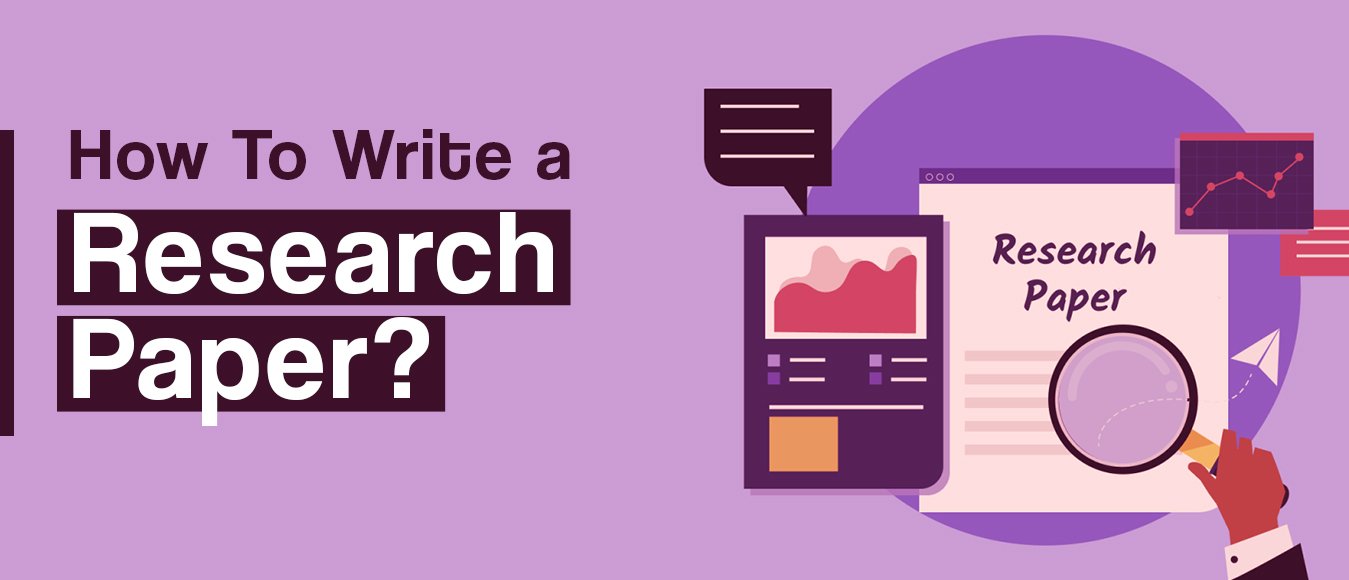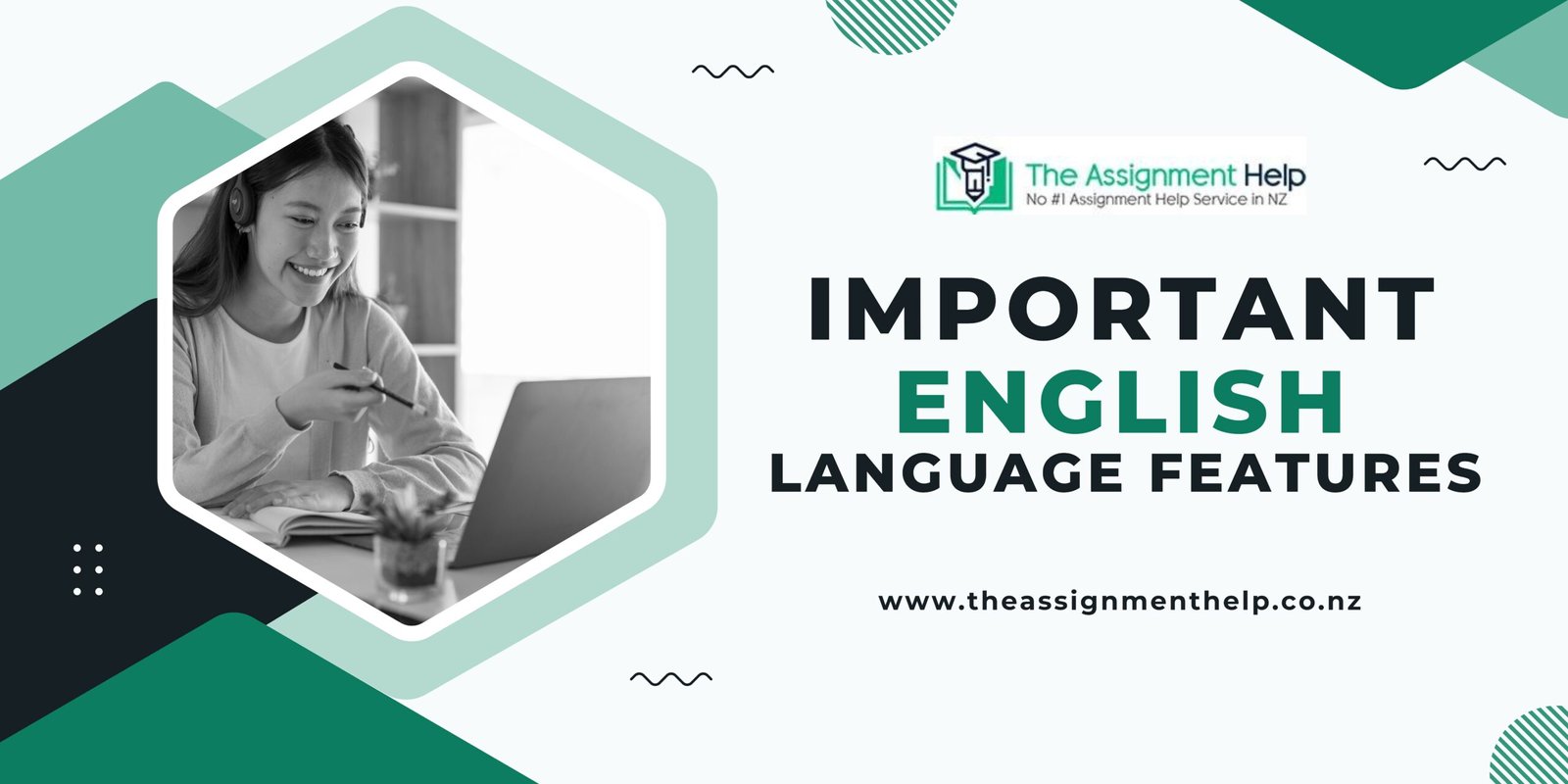
How to Write a Research Paper Step by Step Guideline
How to write a research paper is often a query in people’s minds. Answering it requires a methodical approach to gathering and presenting material on a particular topic. Initially, it is important to choose an interesting and pertinent topic. Moreover, a clear thesis statement serves the research’s direction.
For starting a good research paper, using a hook to pique readers’ interest is important. This may be a fascinating statistic, a thought-provoking query, or a succinct story that relates to your subject. Getting research paper help from experts allows readers to give detailed background information to assist them in appreciating the importance of the field of study.
In addition to drawing readers in, a well-crafted research paper sets the stage for an interesting and well-structured investigation of your research issue, easing readers into the paper’s body. However, we will discuss the research paper, its structure importance, and tips for writing a research paper in detail.
Understanding What a Research Paper is?
Among the common types of academic writing is the research paper. To complete a research paper, students and academics must gather knowledge on a topic, perform research on it, form an opinion on it, and then present their findings.
An academic piece that presents the findings of an original study or an analysis of research can also be referred to as a research paper. It can be referred to as assignment help for students as well as thesis help for research students.
Typical Structure of a Research Paper
Before getting to know how to write a research paper, it’s important to know its structure. A typical research article has the following basic structure:
- The issue they want to solve is in the Introduction.
- The steps they took to address the issue in the Methodology.
- The observations made in the Results.
The interpretation of the findings in the Discussion. - Citation-rich reference list (sources of data utilized in the article).
How to write a research paper?
When writing a research paper, you must show that you are well-versed in the subject matter, interact with a range of sources, and contribute something new to the discussion. Here let’s dig into how to write an effective research paper from how to start a research paper to its conclusion and findings.
Understanding the Assignment
Succeeding in a research paper requires completing the particular assignments given to you. Make sure you fully comprehend the assigned task sheet before you begin.
- Go over everything carefully, making note of anything unclear so you may ask your lecturer to explain it.
- Decide on the assignment’s objective, due date, length requirements, formatting style, and mode of submission.
- As you write, go back and check off the things on your bulleted list of important topics.
Select a topic for your research paper
The most crucial step in writing a research paper on your own or even if I am looking for someone to write my research paper for me, we must select an appropriate topic. A vast topic with a clear understanding is important here. A research paper might be inspired in a variety of ways, such as by talking it through with a professor or fellow student or by brainstorming with pen and paper.
You may attempt free writing, which is deciding on a wide topic and writing nonstop for two or three minutes to come up with anything at all that might be intriguing. Another source of inspiration is related to other studies. Research paper discussion or suggestion sections frequently provide proposals for additional particular issues that need more investigation.
After you have a wide subject area, focus it on selecting a topic that you are interested in, fits the requirements of your project, and can be researched.
Perform preliminary research
Formulate a thesis statement
The aim and stance of your work are established by your thesis statement, which is concise research about research paper, respectively. The thesis statement should address the research question you began with. It should also outline the arguments and supporting data you want to provide for your response.
Concise, controversial, and logical is how the thesis statement should sound. This implies that it should have a succinct summary of your argument in one or two sentences, a claim that needs more support or analysis, and a cohesive point that connects to every section of the work.
Make an outline for your research article
An outline for a research paper is just a summary of the main points, supporting details, and supporting data that you wish to include. It is organized into parts with headers so that, before you begin writing, you know roughly how the document will appear.
It is worthwhile to invest some time in creating a structural plan as it may greatly improve the efficiency of the writing process.
Create a preliminary version of the study paper
You may refine it afterwards if your initial draft isn’t flawless. At this point, your priorities are as follows:
- Keeping the momentum going forward: write now, polish later.
- Keeping an eye out for logical sentence and paragraph placement, since this will come in handy for the second draft.
- Clearly express your thoughts so that, upon revisiting the essay, you will understand what you were attempting to convey.
Writing the Introduction
Three questions should be covered at the start of a research paper: what, why, and how. The reader should understand the purpose of the work, why it is worthwhile to read, and how you plan to support your claims after reading the introduction.
Writing the Body Paragraph
Write the Conclusion
The goal of the research paper conclusion is to provide your readers with a sense of closure by guiding them away from the study’s thesis.
Follow the paper’s progression, highlighting how each point supports your argument. Make sure the reader is aware of how you have resolved the concerns brought up in the beginning to give the article a feeling of closure.
The second draft
Regarding the second draft, there are four primary factors to take into account.
- Verify that your paper still addresses the task and, more crucially, that your vision of the paper matches the initial draft.
- Keeping the viewpoint of your reader in mind, note any assumptions that could need (more thorough) explanation. If you are unable to provide more evidence for these arguments, remove them.
- Allow yourself to rearrange your thoughts. Examine whether any of the sections seem out of place and whether there is a better way to organize your thoughts.
- You should eliminate or compress outdated concepts if you discover that they do not make as much sense as you had originally thought.
The Process of Revision
Making sure the work is as well-written as it can be and that you have finished all the required chores are the main objectives of the revision and proofreading procedure. Using an AI proofreader helps expedite the proofreading process.
















